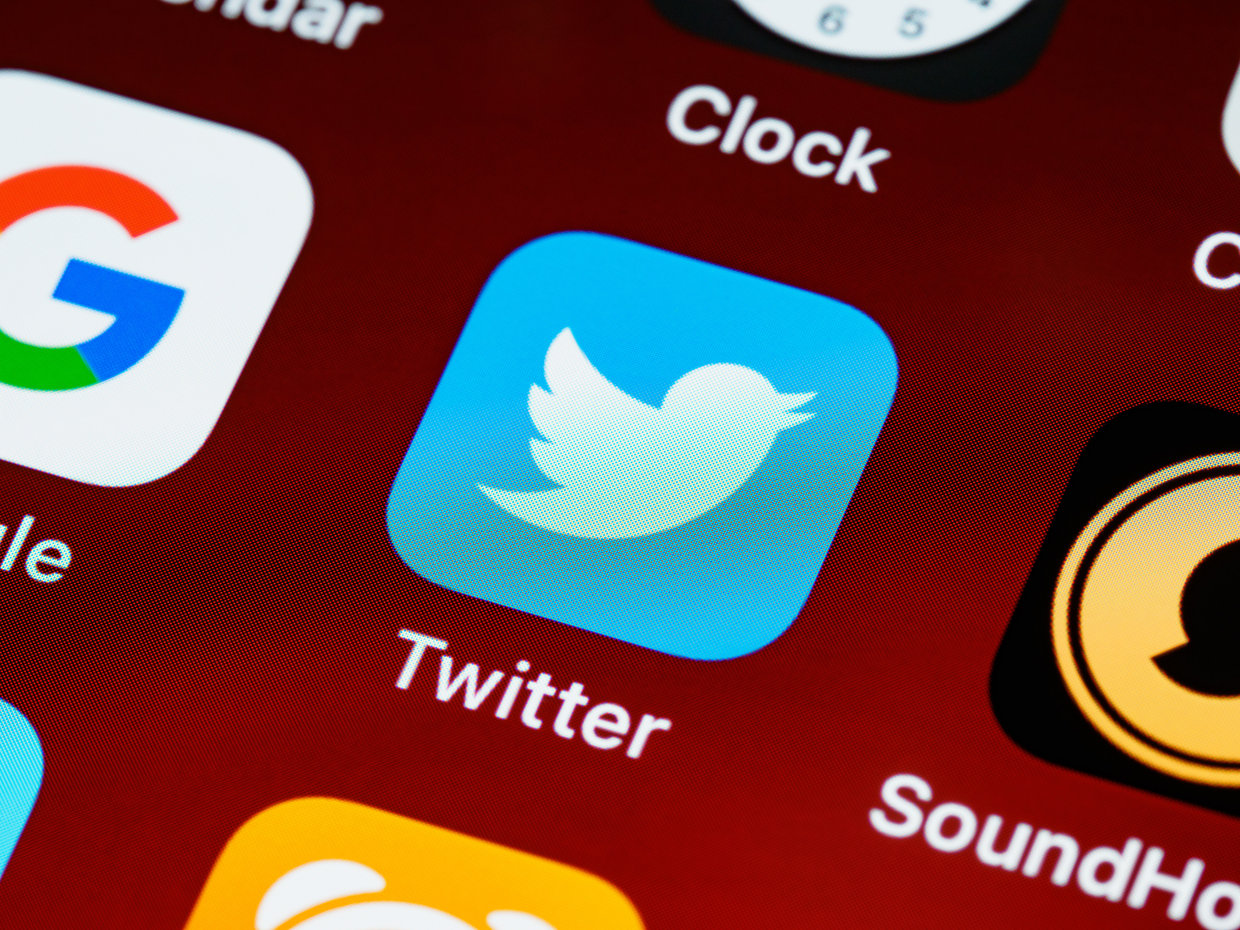‘
We have written at length on ECI Thinks about Big Tech, especially Meta, Amazon and Google. What goes on at these companies often has a huge impact on the advertising industry, and it is therefore important to understand and reflect on their actions.
While the likes of Meta, Amazon and Google sometimes seem a bit dysfunctional because they are ‘moving fast and breaking things’, to paraphrase Meta CEO Mark Zuckerberg, Twitter seems to have operated more under the radar. Although there have been issues with trolling and links to major events such as the insurrection on January 6th, there were rarely any scandals to do with the company itself and it was a solid, safe option for advertisers.
And then Elon Musk came along, moving very fast and breaking lots of things.
What happened when Musk bought Twitter?
As suggested above, Twitter always used to be a relatively safe social network. The focus was on famous people, brands and institutions connecting with their fans and supporters, and political figures with the public and media. While it never attracted the same kind of advertising investment as rivals Meta, it was a great way for brands to capitalize on cultural moments and create meaningful connections with consumers. However, it was never on stable ground financially – 2019 was its last profitable year, and one of only a few in its history.
It was against this background that the world’s richest man, Elon Musk, announced in April 2022 that he had launched a hostile bid for Twitter. Over the following months, there was a lot of seesawing, with Musk withdrawing from the purchase several times, only to then forge ahead again. The takeover was confirmed on October 28th of this year.
As the New York Times put it, ‘If you thought Elon Musk’s will-he-or-won’t-he approach to buying Twitter was chaotic, the two weeks since Musk took the helm of the social media company have been downright anarchic, with his plans for Twitter flipping and flopping as furiously as a fish on a hook.’ Musk’s escapades have been covered in depth across the press, but involved laying off half of the workforce, scrapping the ‘blue tick’ verification feature and rolling out an alternative, before scrapping the new version very shortly afterwards.
How are advertisers reacting?
Musk assured advertisers early on that he valued their business and was worried about social media spreading partisan hate – indeed, he promised that Twitter would not become a ‘free-for-all hellscape’. However, his pledges to restore free speech have worried some that this will be a difficult line for the social network to tread and that it will indeed descend into a hellscape.
Unsurprisingly, the threat to brand safety and the fact that investment in the platform is unlikely to be a major feature in their budget plans anyway means that many advertisers have chosen to boycott Twitter, at least for now. These brands taking a safety-first approach include major players such as General Motors, Pfizer, United and VW. Automotive advertisers are especially nervous about the fact that Elon Musk owns Tesla, and whether this means that their data will be less safe, or whether they will be at a disadvantage.
Back in May, Twitter had 3,900 users, which decreased to 2,300 in August – before rising again in September when it temporarily seemed that the Musk deal was off. Musk reacted to news that advertisers were electing to boycott Twitter by threatening to ‘thermonuclear name and shame’ them, presumably not making a return to Twitter any more alluring.
Perhaps attempting to smooth things over, Musk hosted a Twitter Spaces live audio discussion last week to address advertiser concerns and explain his vision for the future. Many left the session no clearer about what that vision is. Indeed, some even question whether Musk himself is certain. What does seem clear is that Twitter will move towards a subscription model – he has said that he wants half of Twitter’s future revenue to be from subscriptions. Many advertisers will be wondering whether this model will dilute the size and quality of audiences available to advertisers on the free tier.
What’s next for advertising on Twitter?
If advertisers are to return to Twitter with confidence, Musk will need to prioritize demonstrating to them that the platform is a safe place in which they can be sure of their brand safety. Advertisers will want to be confident that Twitter has clarified new policies for content moderation, that those policies will be consistently enforced, and that they align with industry standards. Lou Paskalis, the CEO of MMA Global, recommended in a thread on Twitter that Musk steps back from the day-to-day running of the company and hires a CEO with an understanding of how advertising works. He also said that Musk should publicly apologise for the damage he has done to the social platform. Musk has since said that he expects to reduce his time at Twitter and eventually find someone else to run the company – presumably in the hopes that this will have an impact on advertisers’ boycott of Twitter.
The chaos at Twitter couldn’t have come at a worse time for the digital advertising industry, which is going through a period of unusual volatility. With a recession looming, advertisers are looking for certainty, and Twitter – with all its self-inflicted instability – just can’t offer that right now. With an upcoming recession that will likely lead to significant budget cuts, advertisers want to find easy places to pull spend from. If there is any uncertainty in a particular channel, that makes the decision easy. Other players in the online marketing sphere will be happy to step in.




.png)




